Keratin is a structural protein present in your hair, skin, and nails.
It plays a key role in preserving skin integrity, aiding wound repair, and keeping hair and nails resilient and healthy.
While keratin supplements are often promoted to reduce hair shedding, speed nail growth, and improve skin texture, many wholesome foods can naturally encourage your body’s keratin creation.
Below are 10 foods that help stimulate keratin production.
1. Eggs
Consuming eggs is an excellent natural strategy to enhance keratin synthesis.
They’re a rich source of biotin, a vital nutrient involved in making keratin. One cooked egg supplies about 10 mcg of biotin, roughly 33% of the Daily Value (DV).
Additionally, eggs deliver quality protein that supports keratin formation, with one large (50-gram) egg providing about 6 grams of protein.
Eggs also contain other beneficial nutrients such as selenium, riboflavin, and vitamins A and B12.
2. Onions
Onions not only enhance the flavor of many dishes but can also boost keratin production.
This allium is particularly rich in N-acetylcysteine, an antioxidant plant compound your body converts to the amino acid L-cysteine — a building block of keratin.
Onions also supply folate, a necessary micronutrient for preserving healthy hair follicles.
3. Salmon
Salmon is loaded with protein, offering nearly 17 grams in a 3-ounce (85-gram) portion.
It’s also a strong source of biotin, another nutrient that supports keratin production — 3 ounces (85 grams) of canned salmon provide about 5 mcg, or 17% of the DV.
This fish is rich in omega-3 fatty acids, heart-healthy fats that have been associated with improved hair growth, increased hair density, and protection against hair loss when taken as supplements.
4. Sweet potatoes

Beyond their bright color, sweet potatoes are nutrient-dense and beneficial for encouraging keratin production.
They’re especially high in provitamin A carotenoids. These compounds, like beta carotene, are converted into vitamin A in the body.
A medium sweet potato (around 150 grams) contains about 1,150 mcg — more than 100% of the DV — of provitamin A. Vitamin A supports keratin production and is vital for both skin and hair health.
Each serving also supplies useful amounts of potassium, manganese, and vitamins B6 and C.
5. Sunflower seeds
Sunflower seeds are tasty, filling, and flavorful.
They’re a solid source of both biotin and protein to back keratin synthesis. A 1/4 cup (35 grams) provides about 7 grams of protein and 2.6 mcg of biotin — around 9% of the DV.
These seeds also deliver a range of other micronutrients, including vitamin E, copper, selenium, and pantothenic acid.
6. Mangoes
Originating from South Asia, mangoes are a delicious way to add nutrients that support keratin formation.
This tropical fruit is rich in provitamin A, offering about 89 mcg — nearly 10% of the DV — per cup (165 grams).
Mangoes also contain other important nutrients for skin and hair, such as vitamin C and folate.
7. Garlic
Similar to onions, garlic contains substantial amounts of N-acetylcysteine, which the body converts to L-cysteine — an amino acid present in keratin.
Although more human studies are necessary, some research indicates garlic may benefit skin health. For example, a laboratory study found garlic extract helped protect keratinocyte cells, which produce keratin, from ultraviolet damage.
Additional test-tube and animal research suggests garlic might support wound healing, combat microbial infections, and slow aging signs.
Garlic is also a source of useful micronutrients like manganese, vitamin B6, and vitamin C.
8. Kale
Kale is well-known for its dense nutrient content.
This leafy green is a good provider of provitamin A for keratin synthesis, with about 50 mcg in 1 cup (21 grams) raw — roughly 6% of the DV.
It’s also rich in vitamin C, an antioxidant that aids collagen production. Collagen is another protein that supports the strength, structure, and elasticity of skin.
9. Beef liver
Beef liver is among the most concentrated dietary sources of biotin, making it an excellent option for increasing keratin production naturally.
Just 3 ounces (85 grams) of cooked beef liver supply about 31 mcg of biotin — exceeding daily requirements at roughly 103% of the DV.
The same portion provides about 24.5 grams of protein and an impressive 7,960 mcg of vitamin A — approximately 884% of the DV.
Beef liver is also rich in other vitamins and minerals, including vitamin B12, folate, riboflavin, and iron.
10. Carrots

Carrots are a nutritious root vegetable related to celery, parsley, and parsnips.
They’re particularly high in provitamin A, providing about 1,070 mcg in 1 chopped cup (128 grams), which is over 100% of the DV.
Carrots also supply substantial vitamin C, which supports collagen production to benefit hair, skin, and nail health. This vitamin also helps with wound repair, reduces inflammation, and shields skin from damage.
Additionally, carrots offer biotin, vitamin B6, potassium, and vitamin K1.
The bottom line
Keratin is a protein that supports the health of hair, skin, and nails.
Certain nutrients are crucial for keratin production, including protein, biotin, and vitamin A.
Following a balanced diet rich in these nutrients can help foster keratin synthesis in your body.
Beyond promoting hair, skin, and nail health, these foods deliver many other valuable nutrients.




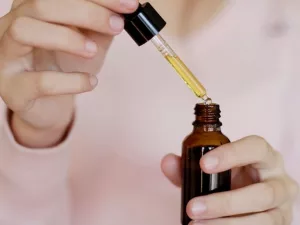
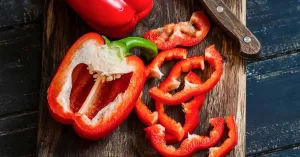
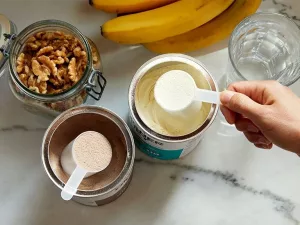

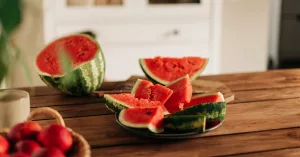
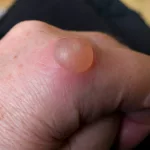



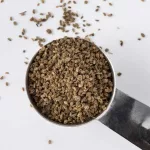

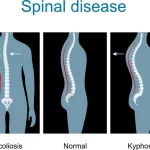

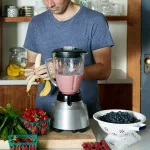
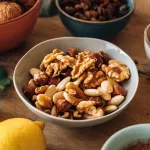


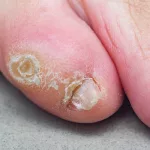


Leave a Reply
You must be logged in to post a comment.